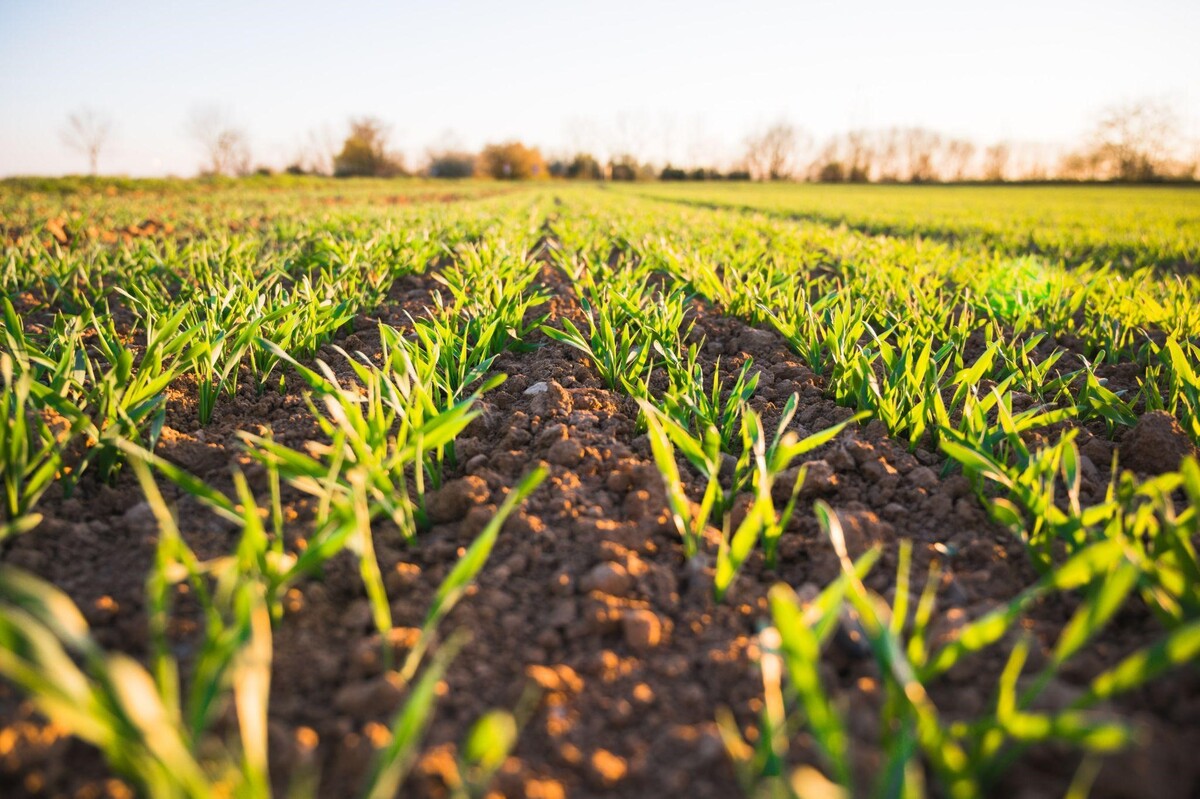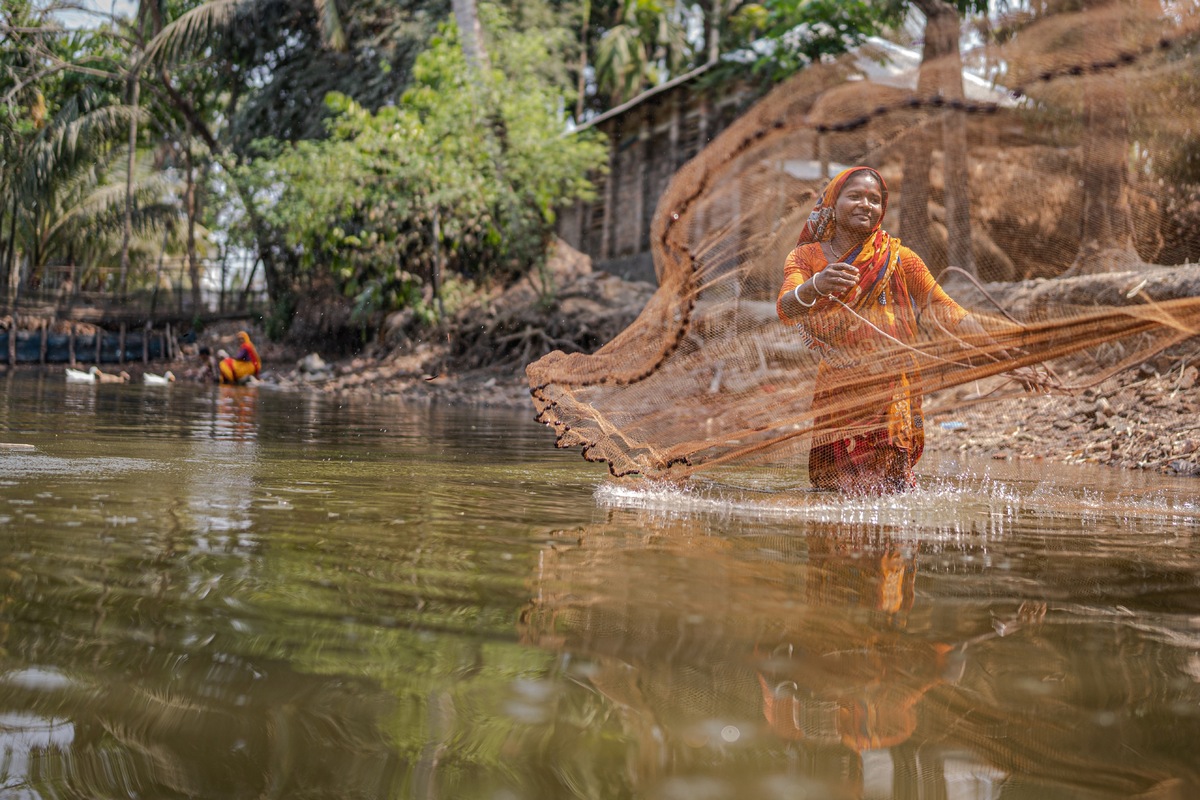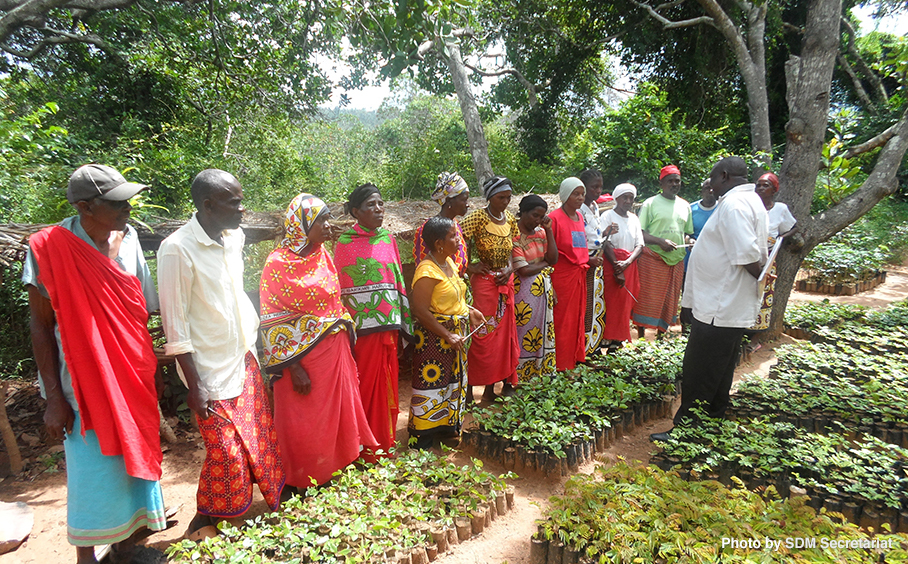Location
Bangladesh
The agricultural sector is the prominent industry in Bangladesh, particularly in rural areas where most households rely on agriculture. Due to the increasing population and continued loss of arable land led by urbanization, the productivity of food remains crucial for Bangladesh. There is a growing importance of sustainable food production to enhance self-sufficiency in agricultural production.
Issue
Increasing Threats to Agricultural Sector
Bangladesh faces a variety of climatic hazards such as an increase in temperature and severe rainfall variability. As the country possesses long coastal lines, sea-level rising that causes saltwater intrusion and storm surges is also a crucial problem. On top of that, climate change has been posing a threat to crop development and growth. For instance, high water stress caused by climate change decreases rice yield.
Solution / Lesson learned
Investment Opportunities in the Agriculture Sector’s Transition to a Climate-Resilient Growth Path
The Bangladesh Climate Smart Agriculture Investment Plan (CSAIP) outlines five integrated investment packages with a total volume of US$809 million for enhancing agricultural productivity, resilience, and climate change mitigation. Climate Smart Agriculture is a “triple wins” approach that integrates productivity increases, strengthened resilience, and carbon emission reduction. The CSAIP was developed to promote the implementation of existing policies and policy formulation processes such as the Bangladesh Delta Plan 2100 and the Nationally Determined Commitment (NDC).





